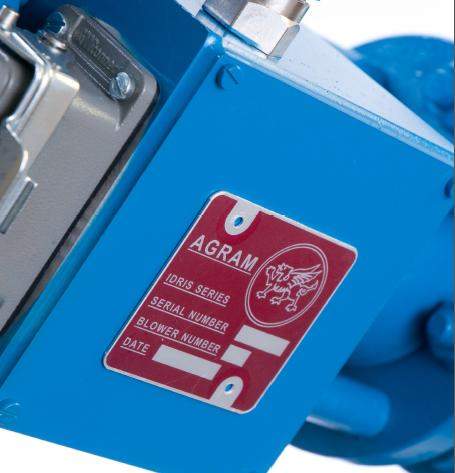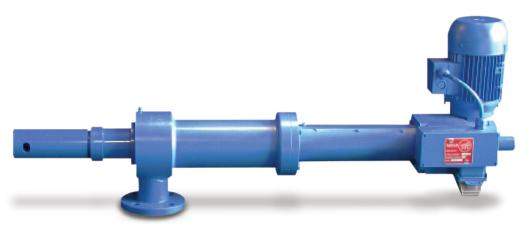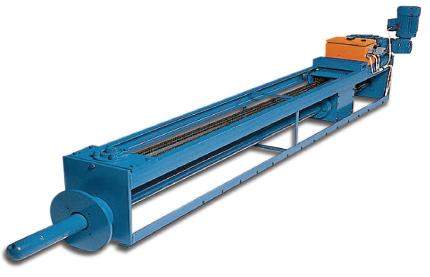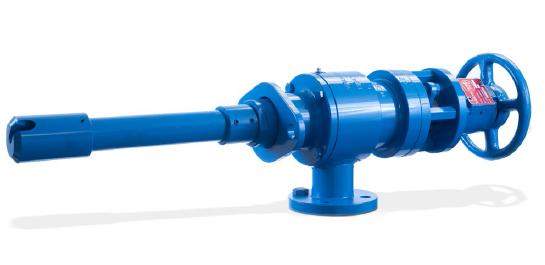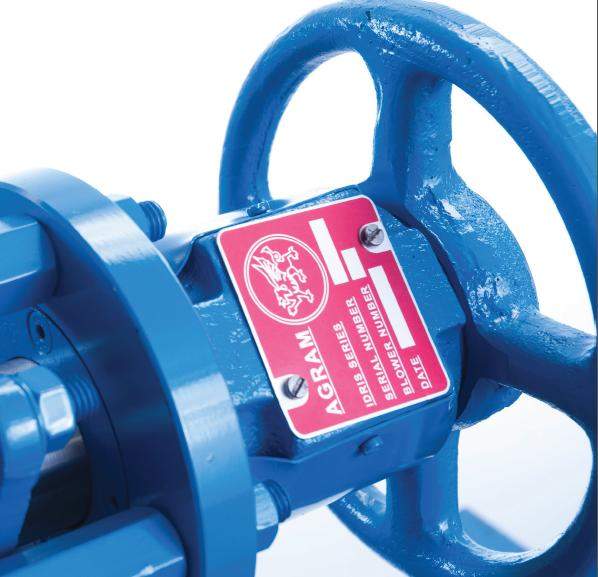Agram Soot Blowers are developed and individually manufactured to meet exact specifications for any boiler and can replace other existing soot blowers without modifying the piping.
Soot blowers to optimise boiler efficiency
The industrial boiler is the heart of the production process and should be maintained at a level of optimum efficiency. When your boiler stops, your factor becomes inactive. Without an effective soot blower, your boiler becomes inactive. This is caused by a build-up of soot on the internal surfaces. It must be taken offline, stopping production, and cooled, which causes stress on materials. Then they need to be cleaned, which results in added labour costs in overtime rates.
It has been shown that a mere 1.5mm of soot deposit results in a 5% increase in fuel consumption. On average, soot build-up on the rear-end tube plates amounts to 5mm-15mm.
While building up to the choke, your boiler loses up to 20% of its internal heat transfer ability; and as a result, it will use up to 16% more fuel than necessary to provide adequate steam for the plant. In addition, the overheating causes extra stress.
Soot blowers for tube boilers
Agram Soot Blowers can be used on fire tube boilers, economisers and industrial water tube boilers, and are suitable for use with steam or air up to 4,000kPa. The steam chest of composite construction, fully machined steel outer casing and inlet flange assembly with pressed-in cast iron liner, is pressure tested to 6,000kPa. This feature has been developed to make replacement of the inner liner a cost-effective and relatively simple operation.
Agram Soot Blowers are designed for installation at a suitable position on the boiler so that the jet of steam emitted from the nozzle is directed onto the dirty tube area, removing the soot build-up and preventing birds from nesting, which is the major cause of the deterioration in heat-transfer efficiency. The Agram Soot Blower will keep your boiler clean for at least four months of continuous operation before an inspection is required.
Fully automated soot blowing systems
Our fully automated soot blowing system continuously cleans your boiler without the need for a specialist boiler technician on-site.
This package includes new electric-operated soot blowers, electric control valve and control system, installation of the complete system, regular technical site visits, a full service contact, and remote monitoring of the system status to provide real-time alarm reporting and response.
The benefits of such a package include more efficient heat transfer / steam generation due to reduced fouling of the boiler, an automated system that does not require an operator, reduced coal usage between 5%-20%, decreased wear and tear, minimised unscheduled downtime and production losses, as well as reduced emissions.
Agram high-temperature soot blower grease
Soot blower working temperatures vary from 100°C to 500°C, so a lubricant must be able to work in this type of temperature.
Agram Hi-temp SB Grease is locally manufactured from the highest quality graphite available in South Africa, especially for the soot blower industry. The grease will not clog-up in long grease lines and soot blower internals.
The particle size is small enough to penetrate between the closely fitting parts of the soot blowers and can be used in any high-temperature application where friction bearings are used. Grease is available in 1kg and 5kg buckets.
Boiler combustion control system
In addition to keeping your boiler clean, further efficiencies can be optimised through controlling oxygen levels for maximum fuel-burning efficiency, which enables:
- Lower fuel costs
- Reduced emissions
- Reduction in total operating costs
Due to the need for cleaner energy and more efficient use of natural resources, Agram has implemented a combustion control system for boilers. This complements and incorporates the existing soot blowing systems.
The system is based on providing efficiency in coal-fired boilers, with one or more of these factors affecting efficiency:
- Flue gas monitoring for a combination of carbon dioxide, excess oxygen and temperature
- Stoker mat temperature monitoring
- Fire temperature monitoring
The priority of the control systems is to maintain the required steam pressure, which controls emissions in the process.


